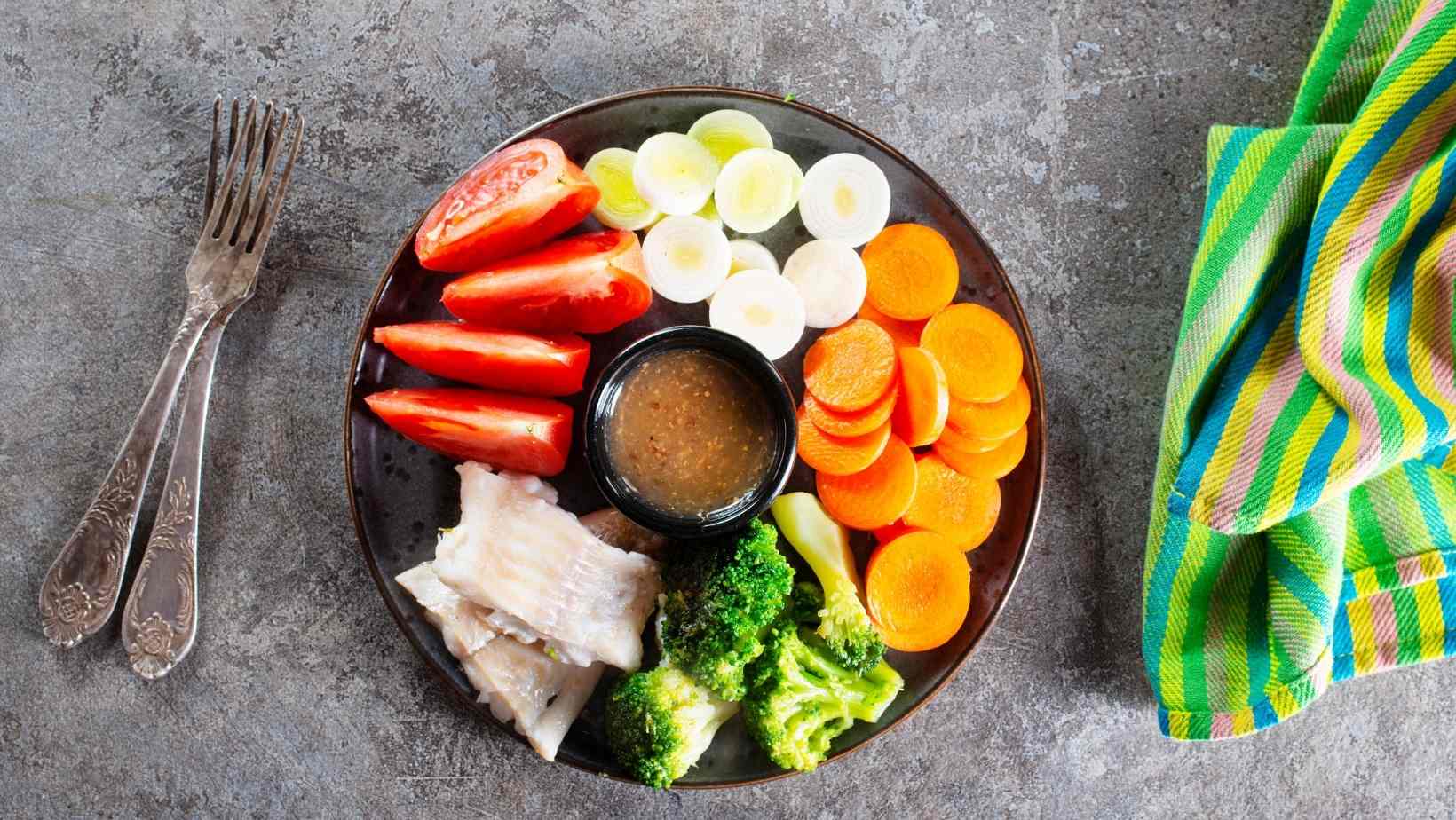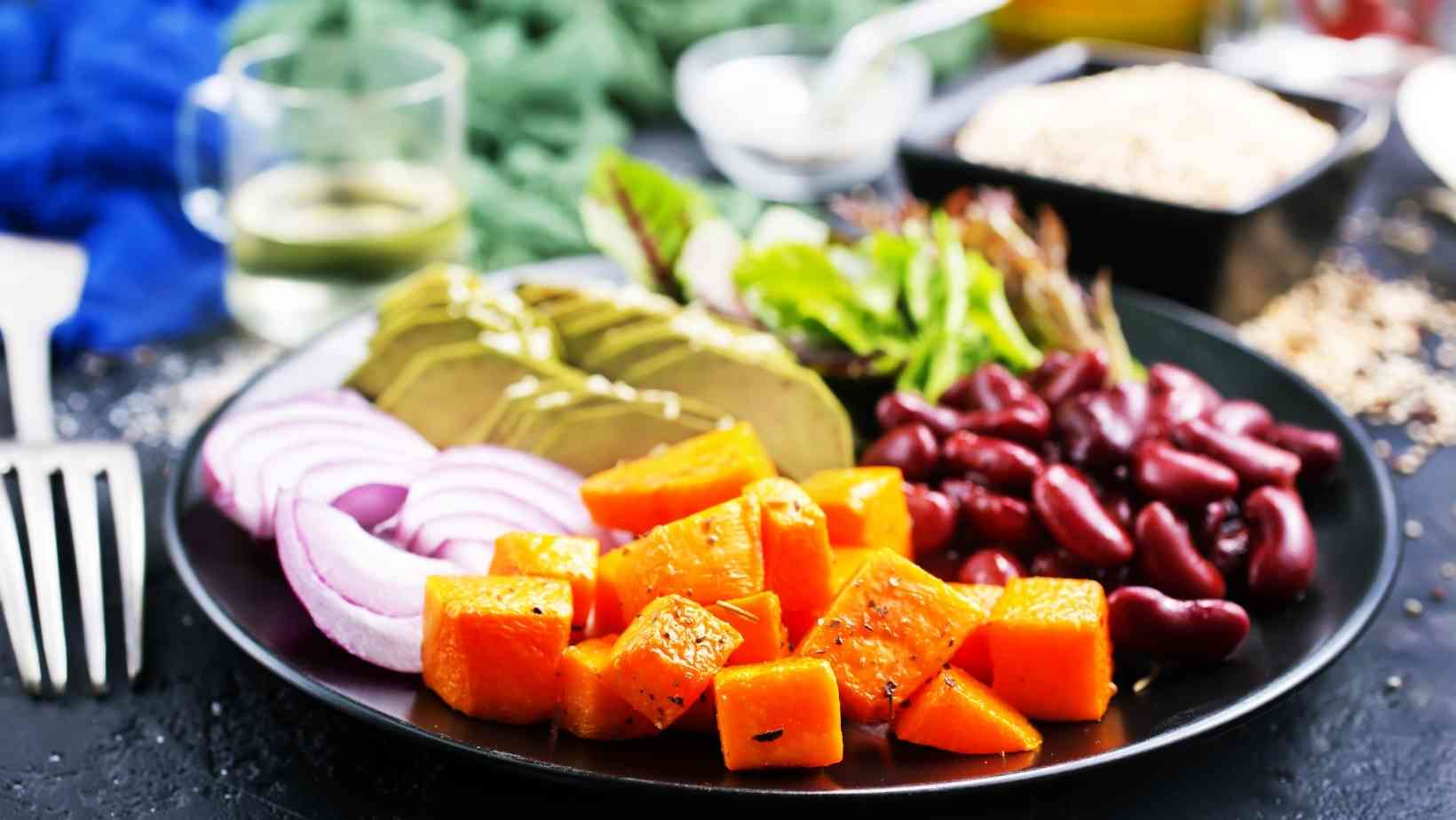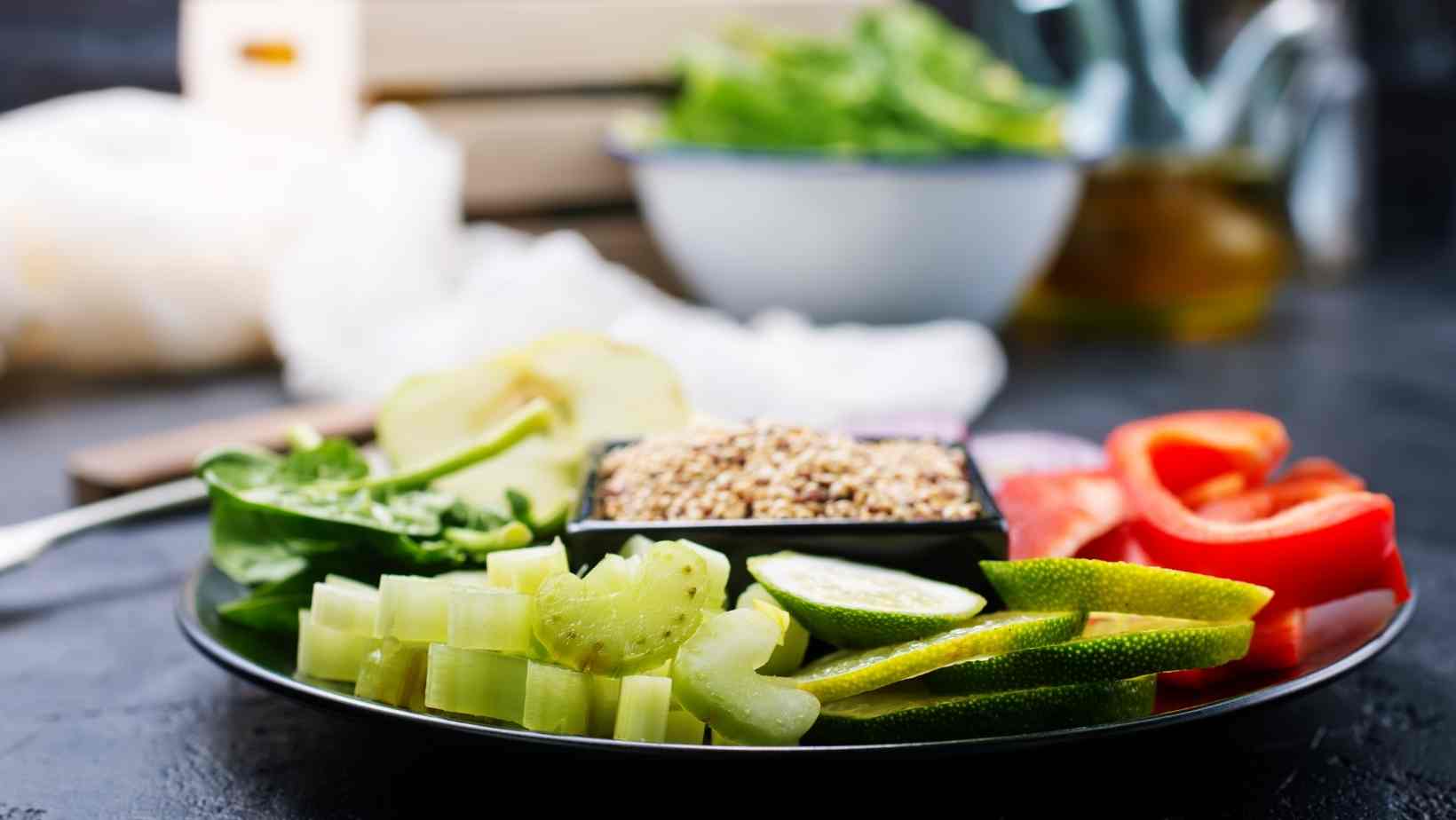On this diet, you won't have to use your oven as often. The majority of your food will be raw fruits, vegetables, and grains.
Cooking food, according to this theory, destroys nutrients and natural enzymes, which is negative since enzymes aid in digestion and the prevention of chronic illness. In a nutshell, when you cook anything, you kill it.

Some proponents of raw food diets think that cooking renders food contaminated with pathogens. They claim that a raw food diet helps alleviate headaches and allergies, increase immunity and cognition, and alleviate the symptoms of arthritis and diabetic complications.
What You Can Eat and What You Can't
Consider foods that are raw, unprocessed, and mostly organic. Raw fruits and vegetables, nuts, seeds, and sprouted grains are all mainstays in this diet. Some people consume unpasteurized dairy products, raw eggs, raw meat, and raw fish.
As long as the temperature does not exceed 118 degrees, your meal may be served cold or even slightly heated.
Preparing meals is made easier with the use of blenders, food processors, and dehydrators.
Effort Level: Extremely High
It is possible that you may need to improve your culinary abilities. Eating out may be difficult, and if you want to eat organically, you may need to shop at specialist shops in order to get a greater range than you would find at your local grocery store.
Preparation work for cooking and shopping might be time-consuming. The mixing and dehydration of foods is something that many raw food enthusiasts have mastered. Nuts and seeds are germinated by certain people.
Given the danger of food-borne disease associated with certain uncooked and unpasteurized foods, you'll want to wash your food properly and exercise additional caution while consuming potentially hazardous items such as sprouts, raspberries, unpasteurized juices, green onions, and lettuce.
The consumption of raw foods is not suggested for pregnant women, young children, the elderly, those who have weak immune systems, and those who have chronic medical illnesses such as renal disease, due to the risk of food poisoning.
Packaged foods or meals: No
In-person meetings: No.
Exercise: Not required.
Is it flexible enough to accommodate dietary restrictions or preferences?
For vegetarians and vegans, this diet is an excellent choice. Simply ensure that your diet satisfies your nutritional requirements. That is something a dietician can assist you with.
Gluten-free: The vast majority of raw foods, such as fruits, vegetables, nuts, and seeds, are naturally gluten-free in their natural state.
What Else You Should Be Aware Of
Eating enough vegetables and fruits may assist to keep blood pressure under control. Because the diet is low in sodium, it may help to reduce your risk of stroke, heart failure, osteoporosis, stomach cancer, and renal disease, among other health problems. It is possible to avoid or treat type 2 diabetes by losing weight and keeping it off.
However, since most individuals who eat raw foods do not consume animal products, you may need to complement your diet with vitamin pills to make up for any nutritional deficiencies.

Cost: Although you will not be required to pay for meetings, subscriptions, or prepared goods, this diet will put a strain on your bank account. Organic materials are often more costly than conventional products. Another price is the purchase of kitchen equipment such as juicers, blenders, and dehydrators.
Support: You may follow this diet on your own or use internet resources, such as recipes, to assist you.
Is It Effective?
Because most of the items on this diet are low in calories, fat, and salt, and rich in fiber, it is likely that you will lose weight while following it. Researchers discovered that participants who followed a raw foods diet dropped large amounts of weight, according to one research.
You'll also benefit from the nutritious supplements. The majority of what you eat will be rich in vitamins, minerals, fiber, and disease-fighting phytochemicals, which will help you stay healthy.
However, there are several disadvantages. The diet is difficult to follow and deficient in many critical elements, such as protein, iron, calcium, vitamin B12, and other vitamins and minerals.
Furthermore, contrary to the assertions of many raw food devotees, cooking does not render food hazardous, but rather makes certain foods edible by making them more digestible.
Cooking also increases the absorption of some minerals, such as beta-carotene and lycopene, and destroys germs, which helps you avoid getting food poisoning in the process. There is no scientific evidence to support the claim that raw meals may keep you healthy.
Is It Beneficial in Specific Situations?
There are no particular health problems for which it is advised. However, decreasing excess weight is beneficial to one's overall health.

If you are thinking about trying a raw diet, see your doctor first before embarking on the journey.
The Final Word
In addition to being low in calories and rich in fiber, a raw food diet is based on largely nutritious whole-plant foods, which means that eating this way will result in weight reduction.
It is a nutritionally deficient and severely restricting diet plan, however, that will be difficult to adhere to for an extended period of time. Because of the danger of food illness associated with eating raw or undercooked meals, this approach exceeds its advantages.
Cooking, in general, makes your food more readily digested and safer to consume.
Superfoods that are high in nutrients but cannot be consumed uncooked include beans, entire grains, and lean meats, to name a few examples.




